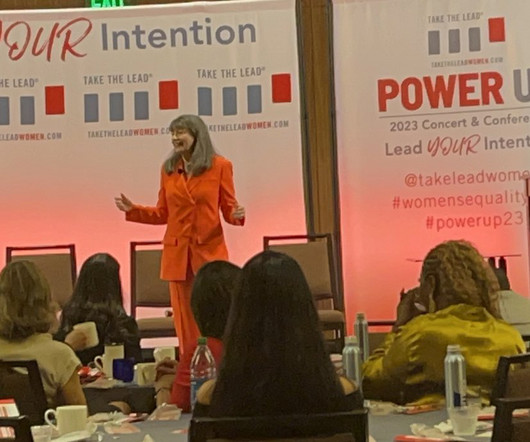What Does It Mean to Dismantle Racial Capitalism Anyway?
NonProfit Quarterly
JULY 26, 2023
1 The profits from this trade were fundamental to the forming of a transnational capitalist class—and, of course, provided money that could purchase more human beings from West Africa. Robinson, a professor of political science and Black studies. This human trade continued for over 200 years. “The












Let's personalize your content